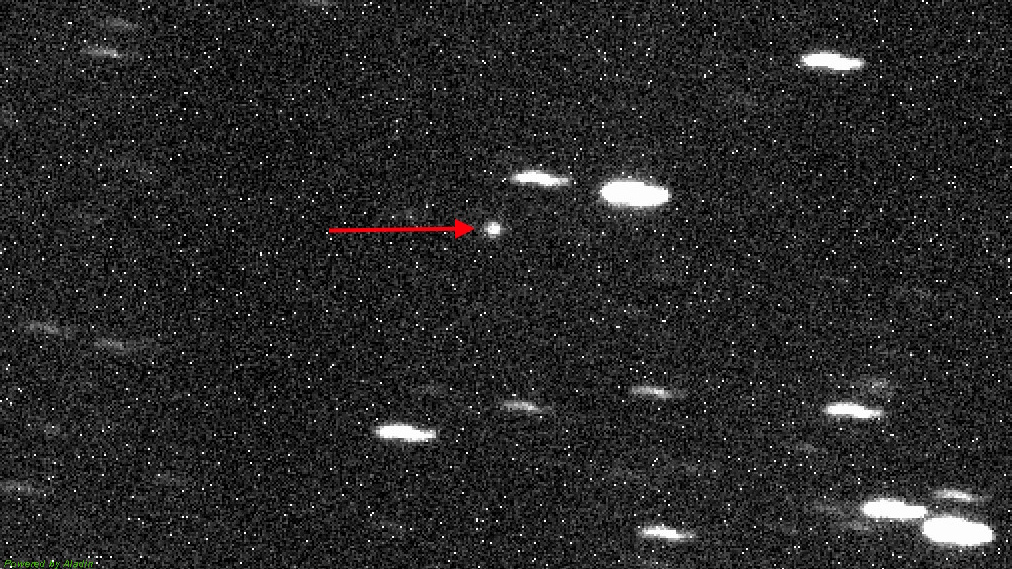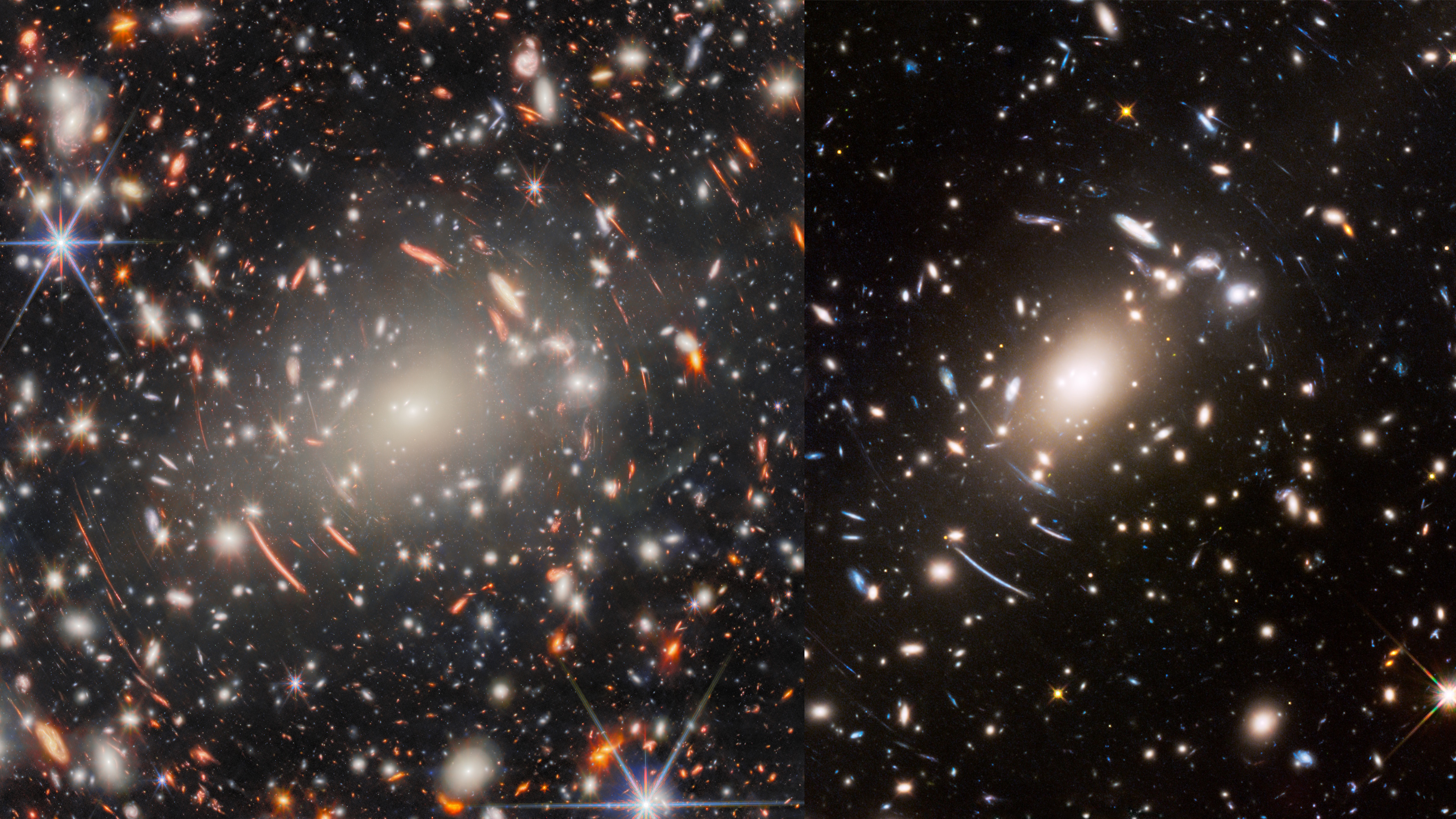Michio Kaku: The realm of optics is advancing so rapidly now that at MIT scientists were able to create a super camera that has one trillion frames per second. Now you may say to yourself so what. Well think of a light beam. A light beam in a billionth of a second travels about a foot. Now when you look at yourself in a mirror in the morning you say to yourself “well that’s me.” Actually that’s not you at all. You’re looking at an image that is you a billionth of a second ago because that’s the time it takes for light to go from your face, to the mirror, back to your eyes. Same thing for the moon, when you look at the moon you’re not really looking at the moon as it is at all. You’re looking at the moon as it was about a second ago.
Well here is a new camera that can take a trillion frames per second and actually capture these processes that are beyond human comprehension. We forget the fact that the human brain and our senses have a timescale associated with it. Chemical reactions in the brain, chemical reactions in the eye and our senses take place at a very definite speed - the speed of chemical reactions. So we have a normal timeframe. Our body measures time in fractions of a second to a second to minutes. That’s the normal frame of reference of the human body. But there is a whole universe out there. There is a whole universe out there where events take place on a scale of billionths of a second and another timescale where events take place over a timescale of billions of years - and the sad thing is that we humans, our human brain, is unaccustomed to dealing with these true extreme universes that we never see.
For example, evolution, why is it that so many people don’t believe in evolution? Because they can’t see it happening with their own eyes. And now we’re taking a look at another timescale, a scale of billionths of a second when perhaps in the future we may be able to photograph chemical reactions as they take place. This could open up a whole new realm of science, the science that takes place on a scale of nanoseconds.
For example, take a look at photosynthesis. Photosynthesis is a rather mysterious process. Believe it or not we physicists still have not worked out the complete quantum mechanics of photosynthesis, which mother nature figured out billions of years ago. And part of the problem is these chemical processes take place on a nano-scale that is way outside our ability to photograph and that’s why new cameras like this could open up a gateway, really open up the floodgates to a new branch of research.
Directed / Produced by
Elizabeth Rodd and Jonathan Fowler






